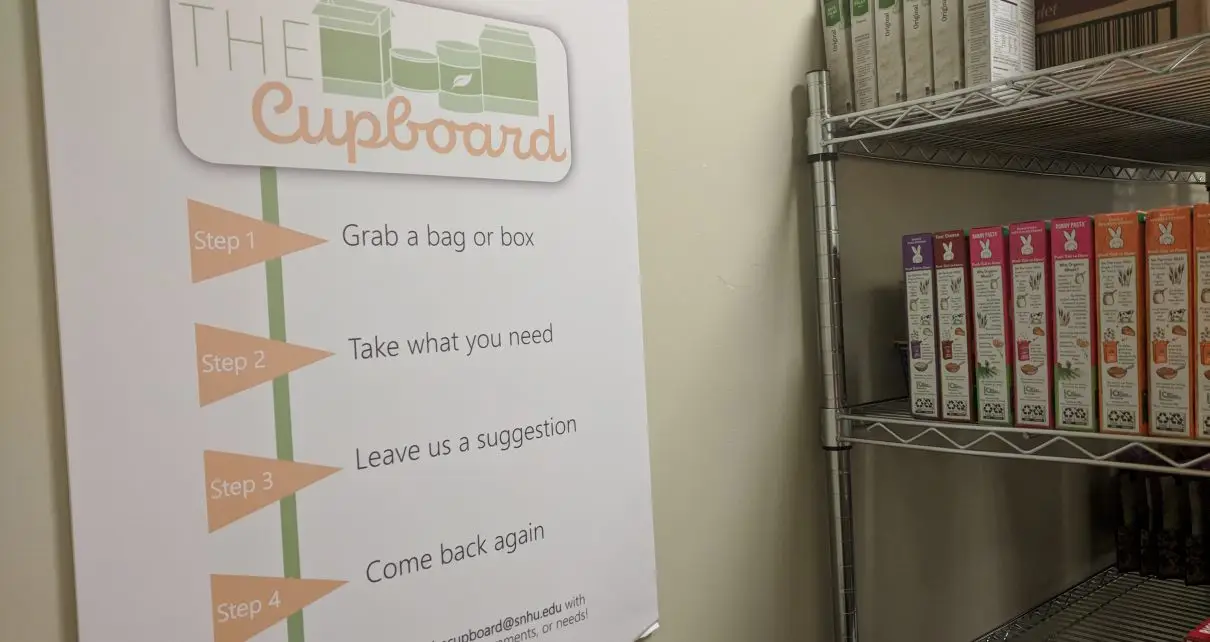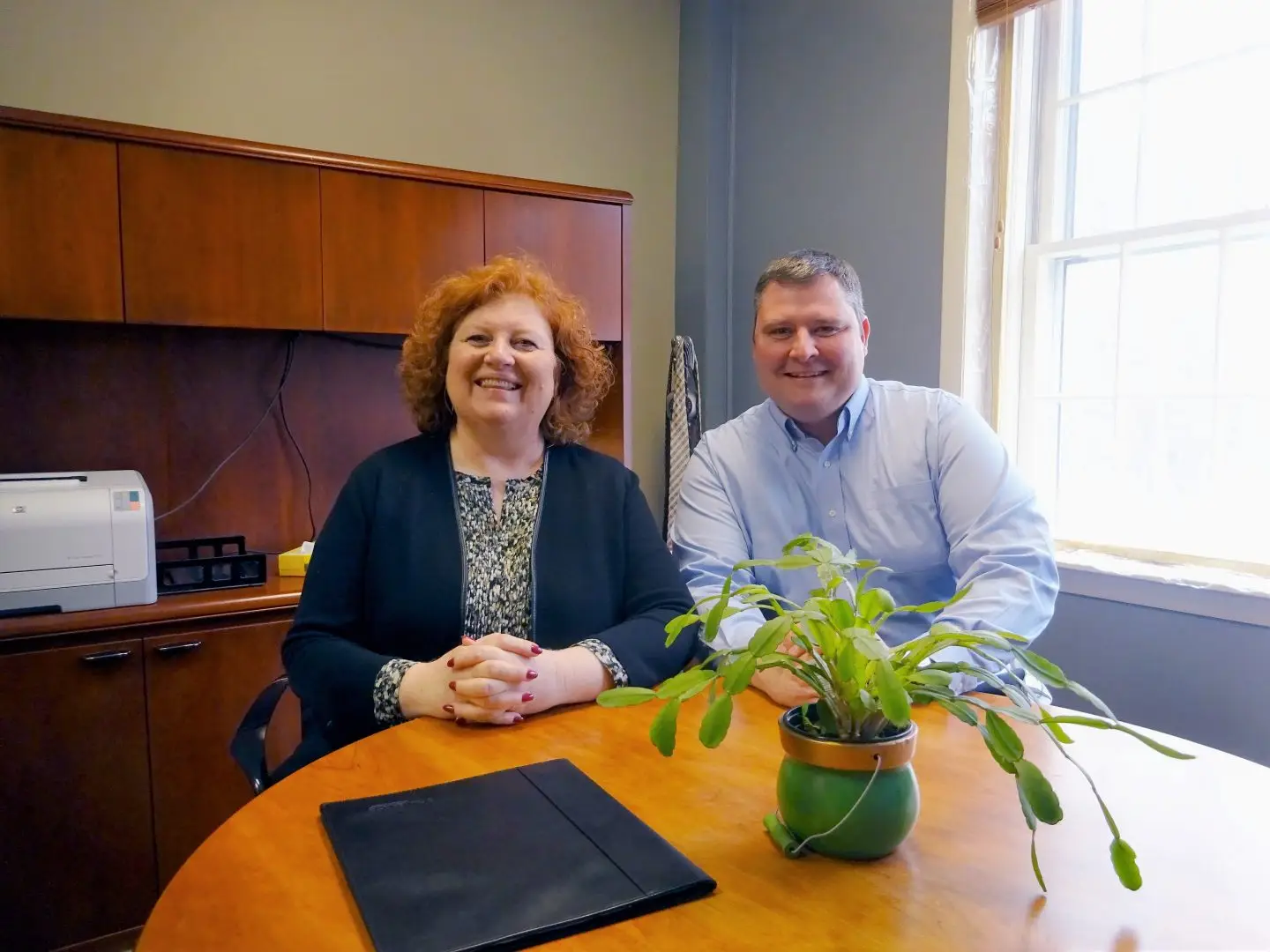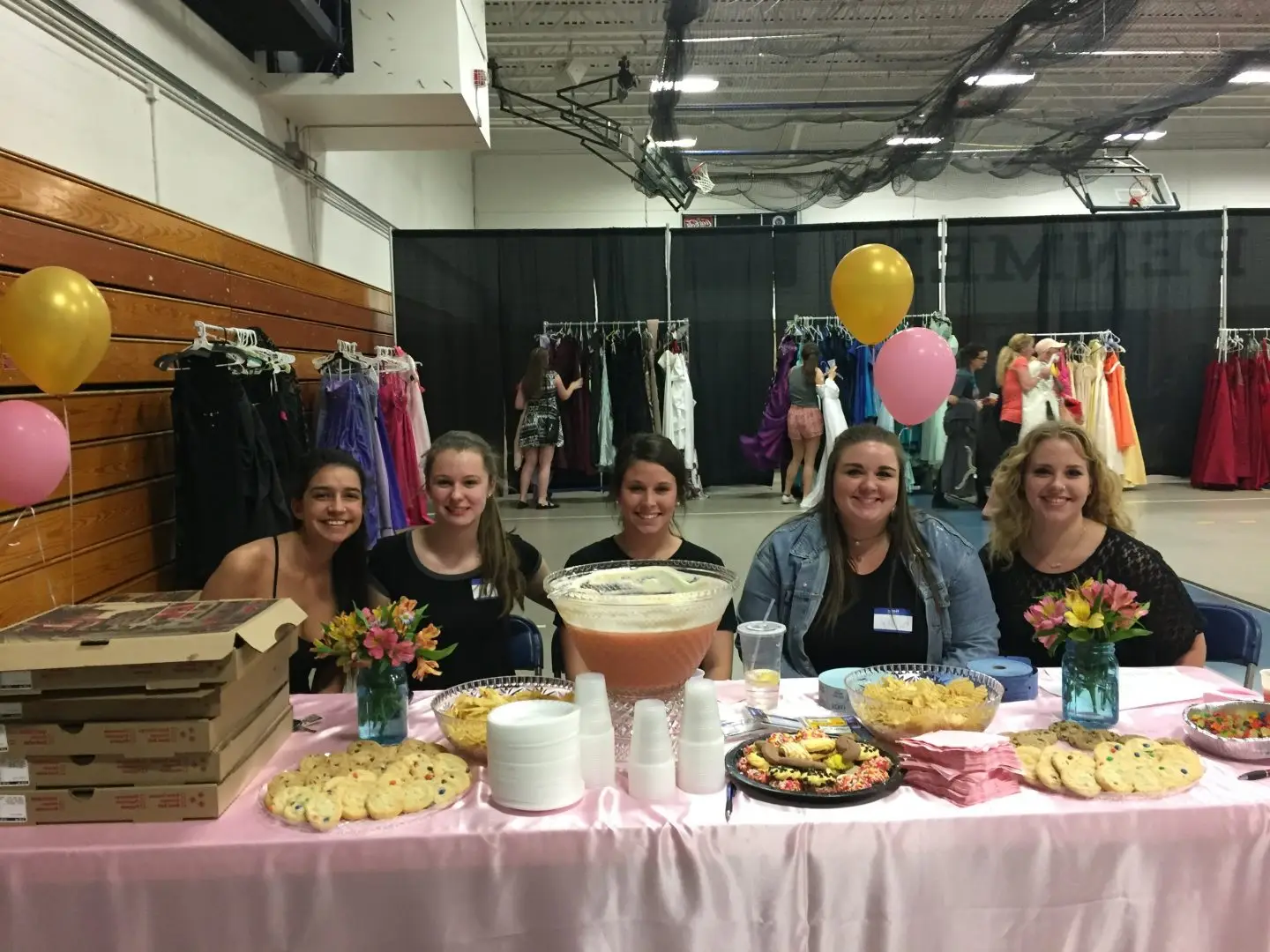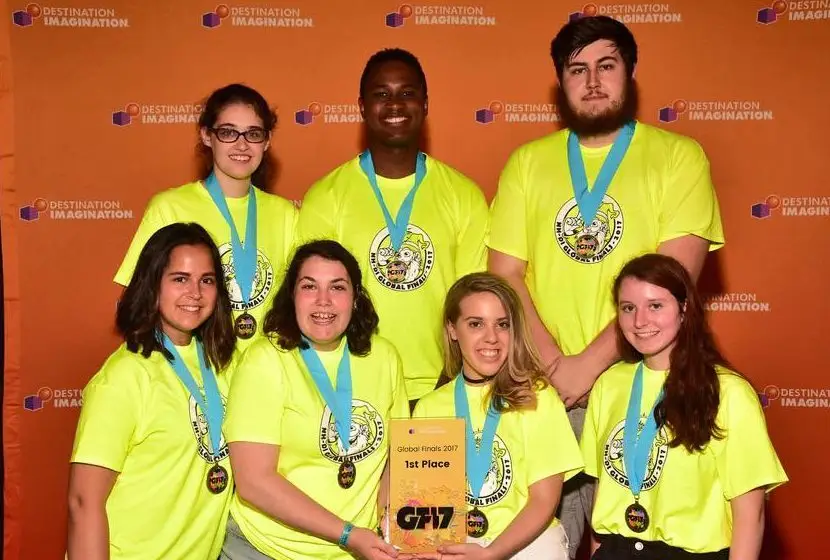College campuses struggle with the epidemic of food insecurity among students. SNHU is not immune to this problem. That’s why staff from various offices have come together to create a solution called The Cupboard.
The Cupboard is a reserve of food and basic personal necessities that is accessible to any SNHU community members in need of these items. Students, staff and faculty can visit The Cupboard in the Student Center between 6 a.m. and midnight everyday including weekends. Each visitor will be provided a bag or box that they can fill with any items they require.
According to Assistant Dean of Student Success and University College Ombudsman Krista Leidemer, “We recognize that higher education is expensive and have found that some of our students put paying their tuition above their own basic needs like making sure they have enough to eat.”
This idea originated in early 2017 when Leidemer and other staff members found that many students do not have the funds to obtain food and other personal items. A committee began conducting research in order to find a solution to the problem of food insecurity on campus.
“We didn’t know the extent of the insecurity,” said Leidemer, “but really, even one student that does not have the basic necessities like food to eat is one too many.”
With the knowledge gained from research, the Center for Community Engaged Learning’s work with the New Hampshire Food Bank, as well as an anonymous donation, established The Cupboard in an old storage closet located in the hallway leading to the Last Chapter Pub. It has been running since June of 2017.
Many offices have contributed to keeping The Cupboard up and running including the Center of Community Engaged Learning, the Office of Diversity, International Student Services, the Wellness Center, Student Affairs and Student Success. Students from each of these offices will be operating The Cupboard while it is open, and they will also be responsible for keeping the shelves stocked. The committee is still figuring out how to keep The Cupboard funded after the anonymous donation runs out.
While the impact The Cupboard has had on the SNHU community has not yet been officially measured, Leidemer believes that it has made obtaining basic needs a bit easier on students and staff.
“Imagine having to go all weekend without a meal because you couldn’t afford groceries that week. Or sitting in a long day full of classes on an empty stomach and trying to focus. The Cupboard helps remedy those types of situations,” she said.
Leiderman and the other committee members hope to keep improving upon The Cupboard and finding new ways to solve the food insecurity problem on campus. They hope to be able to continue to provide free resources to SNHU community members who need them for years to come.
“To know that we have people right here on our campus that aren’t sure where their next meal is coming from or when they might be able to eat again is heartbreaking,” she said. “I am so proud to be a part of a community that is trying to help make that better.”
Anyone who is interested in helping out or has ideas on how to make The Cupboard better can email thecupboard@snhu.edu.




